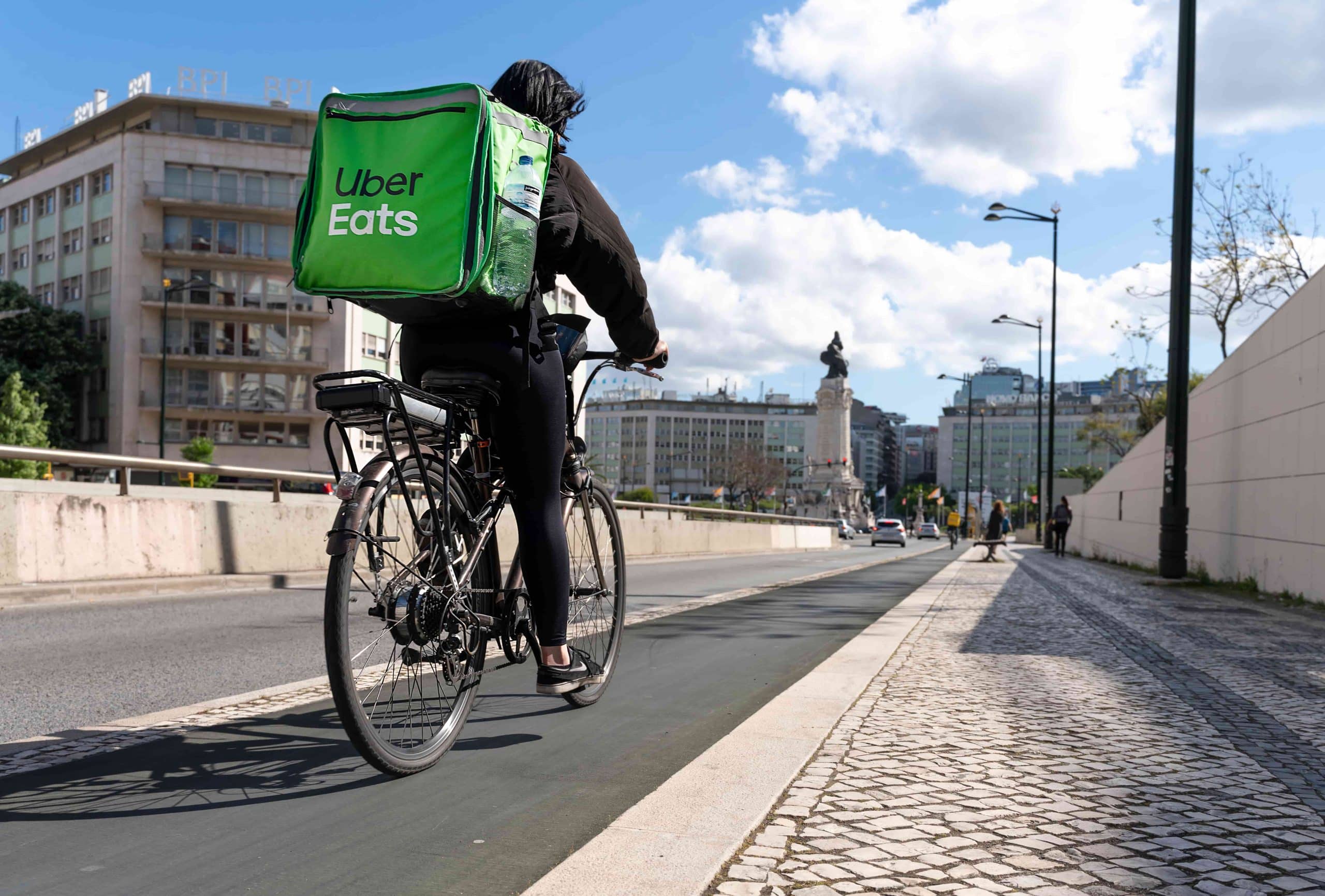Uber has confirmed that it will be shutting down Drizly, the alcohol delivery app it acquired for $1.1 billion in 2021, by the end of March 2024. Drizly experienced massive growth during the pandemic as lockdowns led consumers to have wine, beer, and spirits delivered to their homes. However, with demand for deliveries cooling, Uber has decided to focus its efforts on its own in-house delivery unit.
In a statement, Uber’s senior vice president of delivery Pierre-Dimitri Gore-Coty said: “After three years of Drizly operating independently within the Uber family, we’ve decided to close the business and focus on our core Uber Eats strategy of helping consumers get almost anything — from food to groceries to alcohol — all on a single app”.
He added: “We’re grateful to the Drizly team for their many contributions to the growth of the BevAlc delivery category as the original industry pioneer”.
Uber’s Bizarre Decision Fails as Many Analysts Expected
Drizly was founded in 2012 in Boston as a marketplace connecting customers with nearby liquor stores for delivery. It eventually expanded its operations to over 1,400 cities across 36 states. At its height during pandemic lockdowns, Drizly’s sales spiked a whopping 1000% as drinkers had alcohol conveniently delivered to their homes.
Uber acquired Drizly in March 2021 for $1.1 billion as part of its strategy to offer diverse alternatives beyond just ridesharing, which had declined drastically during the pandemic.
At the time of Uber’s blockbuster acquisition of Drizly, some analysts were confused by the decision, calling it short-sighted and a waste of resources, especially because Uber already offered alcohol delivery. They questioned whether the model would survive once the pandemic ended and argued that Drizly was likely at its peak valuation when it was acquired. They would soon be proven right as lockdowns ended and alcohol deliveries fell significantly.
According to another Uber spokesperson, the decision to shutter Drizly was based on business redundancies and consumer preferences for the convenience of a single delivery app. Uber Eats already offers alcohol delivery in 35 states and over 25 countries. The Uber Eats alcohol delivery category doubled globally just this past year, despite the drop in demand following the end of the pandemic.
Most Drizly users also have Uber (UBER) accounts, which allows for a relatively seamless transition. As of Q3 2023, Uber had 142 million monthly active users. By offering users the possibility of scheduling all of their product deliveries within a single app caters towards existing Uber Eats functionality and bypasses any hiccups from integrating Drizly’s marketplace model.
FTC Security Requirements Were Burdensome for Drizly
Slow demand and redundancy weren’t Uber’s only problems with Drizly.
Last year, the Federal Trade Commission (FTC) ordered Drizly to destroy any unnecessary consumer data it had collected following the discovery of a 2020 breach that exposed the personal information of some 2.5 million users. The FTC also prompted the company to implement strict new security protocols and safer data retention procedures.
Sources say that complying with these requirements would have reduced potential monetization avenues from Drizly’s data collection and frustrated Uber, which focuses heavily on mining insights from user data to make money. The elimination of Drizly’s independent data trove likely factored into Uber’s decision to consolidate into Uber Eats.
Going forward Uber plans to leverage the expertise garnered from Drizly to boost growth in the wine, beer, and liquor delivery categories currently offered by Uber Eats in over 30 states and multiple countries. Future opportunities may also emerge to integrate elements of Drizly’s alcohol marketplace into Uber Eats depending on how the regulatory landscape evolves.
Investors Will Likely Approve Uber’s Focus
Wall Street investors appear to be reacting negatively to Uber shutting down Drizly as the stock is diving 1.2% in Wednesday’s early stock trading action. However, the decision may be already somewhat “priced-in” as many investors have long thought that the acquisition was a bad idea.
However, some confidence may stem from this move as it could be perceived as Uber taking a more disciplined approach towards eliminating ancillary experiments and concentrating on its most profitable units like Rides and Uber Eats delivery.
Uncertain Future for Drizly Employees
While the shutdown of Drizly will lead to job uncertainty for its employees, Uber states that immediate layoffs will be limited. According to an Uber spokesperson, employees critical to supporting the wind-down of Drizly operations over the next couple of months will be retained on a temporary contract basis.
Additionally, some Drizly employees along with Uber staffers supporting Drizly may receive offers to join other Uber teams where additional headcount is needed. However, these offers will be limited.
Also read: Best Shopping Cashback Apps in 2024 | Top 5 Reviewed + Compared
While consumer reactions could range from disappointed to indifferent thanks to the immediate replacement that Uber Eats is offering, thousands of students and workers relied on driving for Drizly to earn some extra income. The last bottles delivered in late March will certainly mark the bittersweet end of an era.
